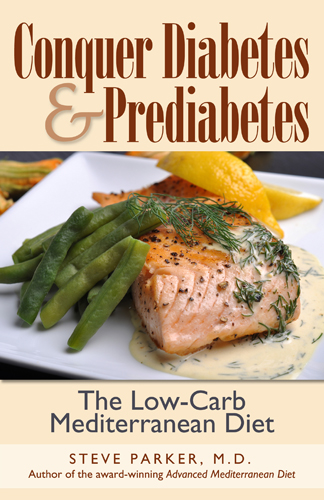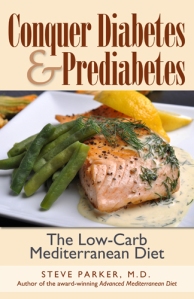
Melatonin, of course, is best known as a sleep regulator. But melatonin also plays an important role in regulating the immune system. One way it does so is by influencing the production of small proteins known as cytokines, which act as signalers from the immune system to cells around the body. Cytokines can be inflammation producing (pro-inflammatory cytokines) or inflammation restricting (anti-inflammatory cytokines). Melatonin has been shown to reduce the production of pro-inflammatory cytokines. Melatonin also is well known to be an antioxidant, neutralizing free radical cells and limiting oxidative stress and damage, which contribute inflammation.
Pro-inflammatory cytokines serve an important purpose, in marshaling the inflammatory response that fights off viruses, bacteria, and other pathogens. That’s the protective mechanism of inflammation at work. But for the pro-inflammatory cytokine response to be beneficial, it must be proportional to the threat. A too vigorous response of pro-inflammatory cytokines creates a dangerous amount of inflammation—and can actually serve to spread the viral infection, rather than tamping it down. It is this inflammatory overreaction and viral spread that appears to take place in the most serious cases of COVID-19.
I spent 10 minutes on the Internet trying to find the appropriate dose of melatonin for its possible preventative and treatment powers. But no luck. It’s likely in the range of 1 to 10 mg/day, typically taken at night or bedtime. For insomnia in my hospitalized patients, I start at 1.5 mg. Most of my colleagues use a much higher dose. Dr Josh Farkas at emcrit.org suggests that the treatment dose is 5 mg/day.
As always, check with your personal physician first.
Steve Parker, M.D.



